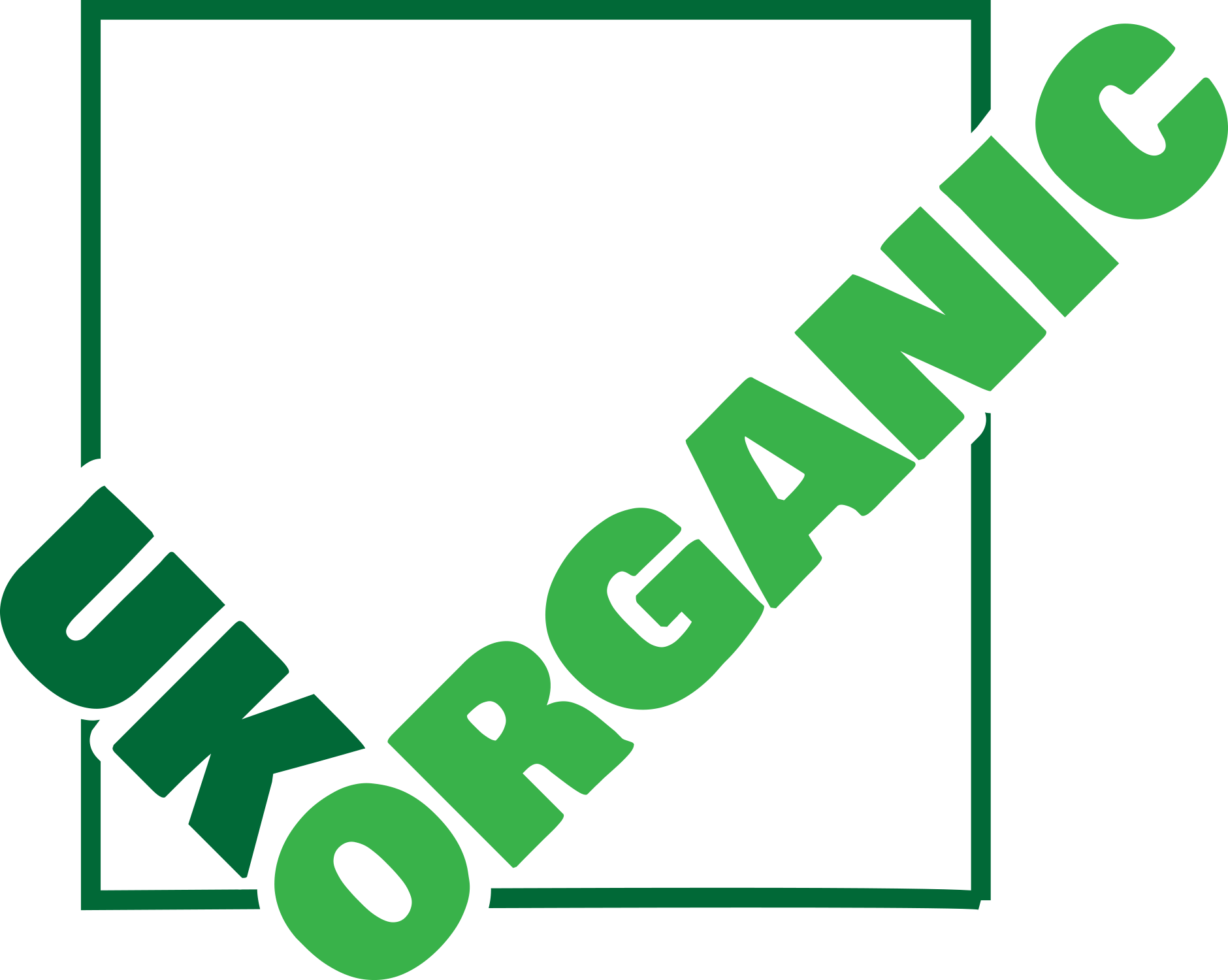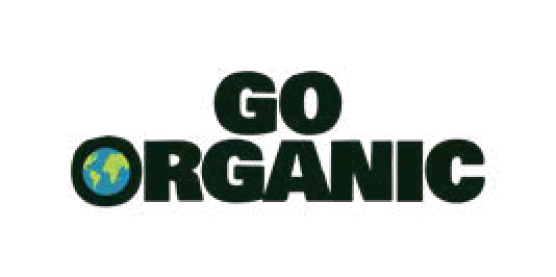
Guest written by Will Dennis, Head of Sustainability at Daylesford
There was a time when doing the right thing in business was a humble quest, all it required was a good understanding of people and planet. As organic producers we committed to this common-sense practice of working with nature because we placed social and environmental welfare above all else and knew that the outcome was a superior product. Our reward was the badge of certification and attracting a following of customers passionate about nature and their health.
Today, certification is a critical point of difference for consumers who are drowning in a sea of greenwash. It is hard to find a product on our supermarket shelves that doesn’t carry some form of ‘green’ credential. But would our customers recognise a genuinely certified product amongst them? Even the term organic has fallen victim to spurious claims – Ocado customers using the website’s search filters will find 120 ‘organic’ products in its household cleaning section which have no formal certification. The CMA’s mission to clean up misleading product statements under the Green Claims Code is already a lifetime’s worth of work but is undermined by the lack of regulation of many non-food product categories, and the government’s refusal to create standardised definitions of environmental terms.
Big business has tapped into the increased demand for conscientious products and is capitalising on the confusion. Those with the financial means have started to collect certifications like a game of ESG bingo, and the result is often a loss of faith. Fairtrade was an early victim, and BCorp is a topical example. Until recently, the BCorp badge was viewed as a symbol of ESG prowess and had an enviable membership body that includes some of our fellow OTB members. With the announcement that Nespresso had been welcomed into the fold, some serious questions are being asked about the future of the scheme and the integrity of certifications as a whole.
For those who have yet to embark on the epic that is the BCorp Business Impact Assessment (BIA), it is a series of up to 300 multiple choice questions that cover the core principles of how sustainably you operate and how you treat your suppliers, colleagues, and community. From a total possible score of 200, the pass mark is 80 points but must include evidence of a formal amendment to your terms of business that commits to placing social and environmental impact at the heart of all decision making.
Despite a history of human rights violations and producing a polluting, single-serve, plastic lined product, Nespresso achieved 84 points and the entitlement to use the same logo as exceptional organic businesses like Riverford (who scored 124.6).
Having applied for BCorp certification back in March 2021, my colleagues and I are still waiting patiently in the queue. Will it be worth the wait? Will the recent Nespresso petition signed by BCorp members tighten the scoring system to exclude the big, ugly global corporations looking to hoodwink their customers? We hope so, but until consumers can recognise and actively look for these logos (in the same way they do for Fairtrade or British Lion) we remain to be convinced. The true power has always been in our storytelling and connecting people to their food. At the heart of that, still, is organic, a certification that remains reassuringly steadfast.


